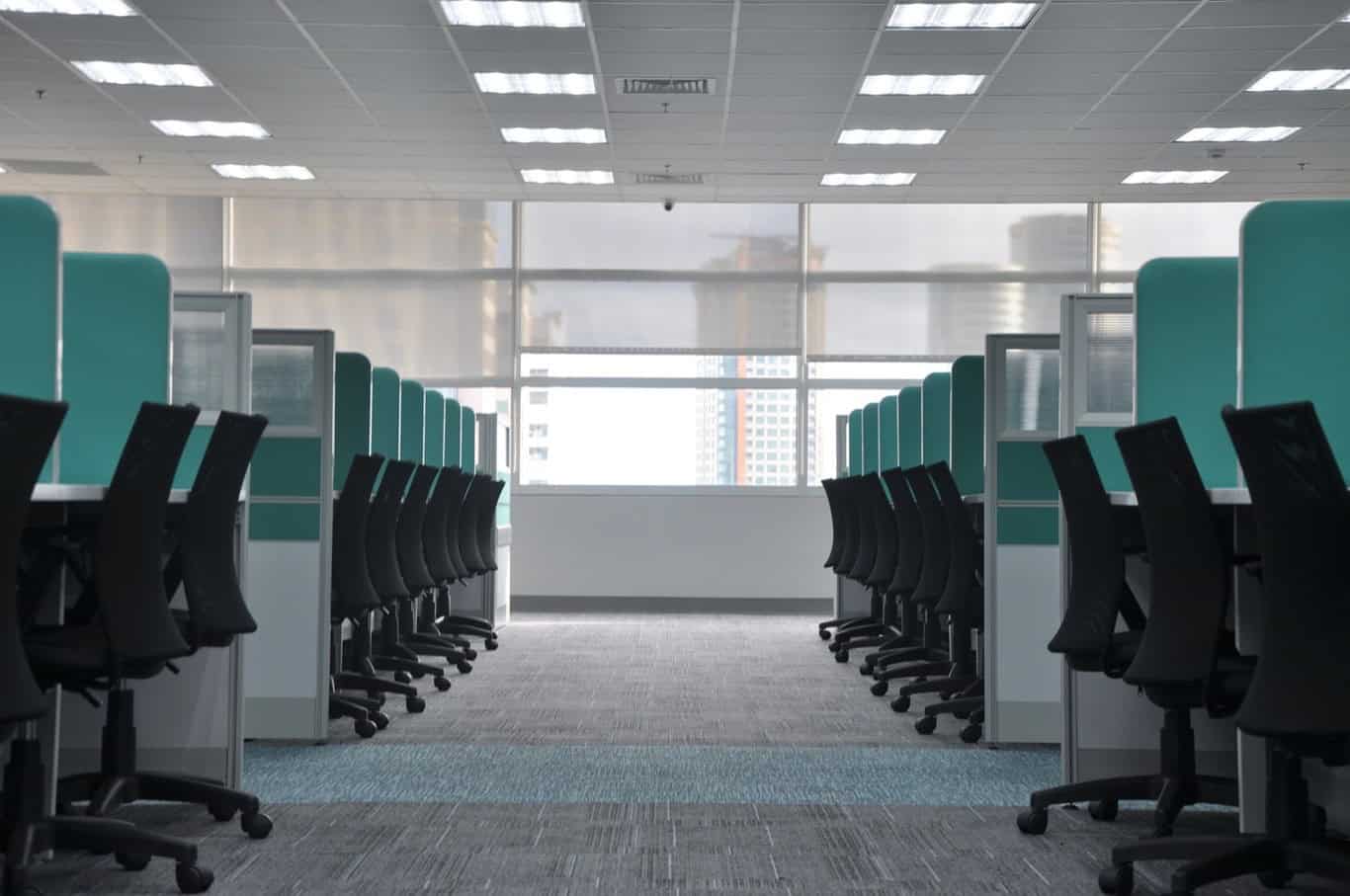
Barcelona faces a significant challenge in its office real estate market. The advent of telecommuting and the adoption of hybrid work models have left a considerable percentage of office space vacant.
The city currently has 21.3% of its offices vacant, equivalent to 757,014 square meters. This situation raises critical questions about the future of these spaces and possible solutions to revitalize them.
The new reality of teleworking
Telework, which was massively implemented during the COVID-19 pandemic, has transformed the business organization and changed the space requirements of companies. Many companies discovered that they could maintain productivity without all of their employees being physically present in the office.
As a result, the use of large offices has declined, and many companies have opted to reduce their leased space, leading to an increase in the availability of vacant offices.
According to a report by Barcelona Regional, of the 5.8 million square meters of office space in the city, 21.3% is available for sale. This figure reflects the depth of the impact of telecommuting on the office real estate market.
The distribution of unemployment
Office vacancy in Barcelona varies significantly by location. The district known as ‘CBD Prime’, which includes central areas such as Paseo de Gracia and Diagonal, has a vacancy rate of 25%.
However, the 22@ and Marina innovation districts are even more affected, with 24% and 39% of their offices empty, respectively. These districts have undergone a strong reconversion in recent years, converting factories and premises into office buildings that are now oversized for today’s needs.
The shift to telecommuting and hybrid models has reduced the demand for large offices. In fact, 12.9% of the square meters of office space built in Barcelona corresponds to spaces with more than 1,000 square meters, precisely those most affected by vacancy.
Companies no longer need space to house their entire workforce every day, which has allowed them to reduce costs and adapt to new, more flexible ways of working.
Proposed solutions: coworking and housing
Conversion into coworking spaces
The conversion of empty offices into coworking spaces has been a growing trend. Coworking spaces respond to the demand for flexibility and economic efficiency, allowing companies to rent only the space they need and share resources with other companies.
Transformation into dwellings
Another viable solution is the conversion of vacant offices into housing. This strategy could not only provide a return on investment for homeowners, but also help alleviate the housing shortage in Barcelona. The transformation of offices into residential space could offer a long-term solution to both problems.



